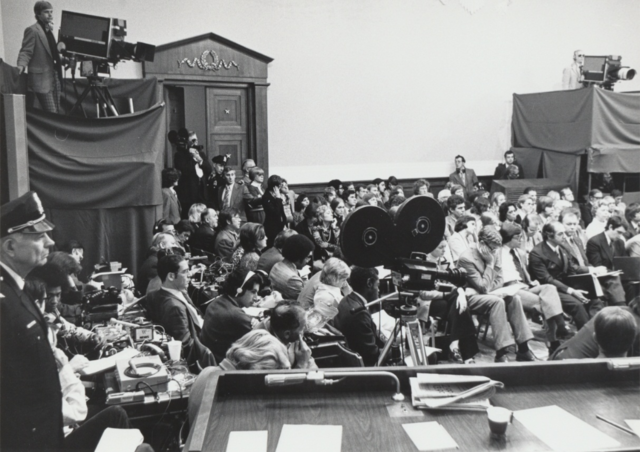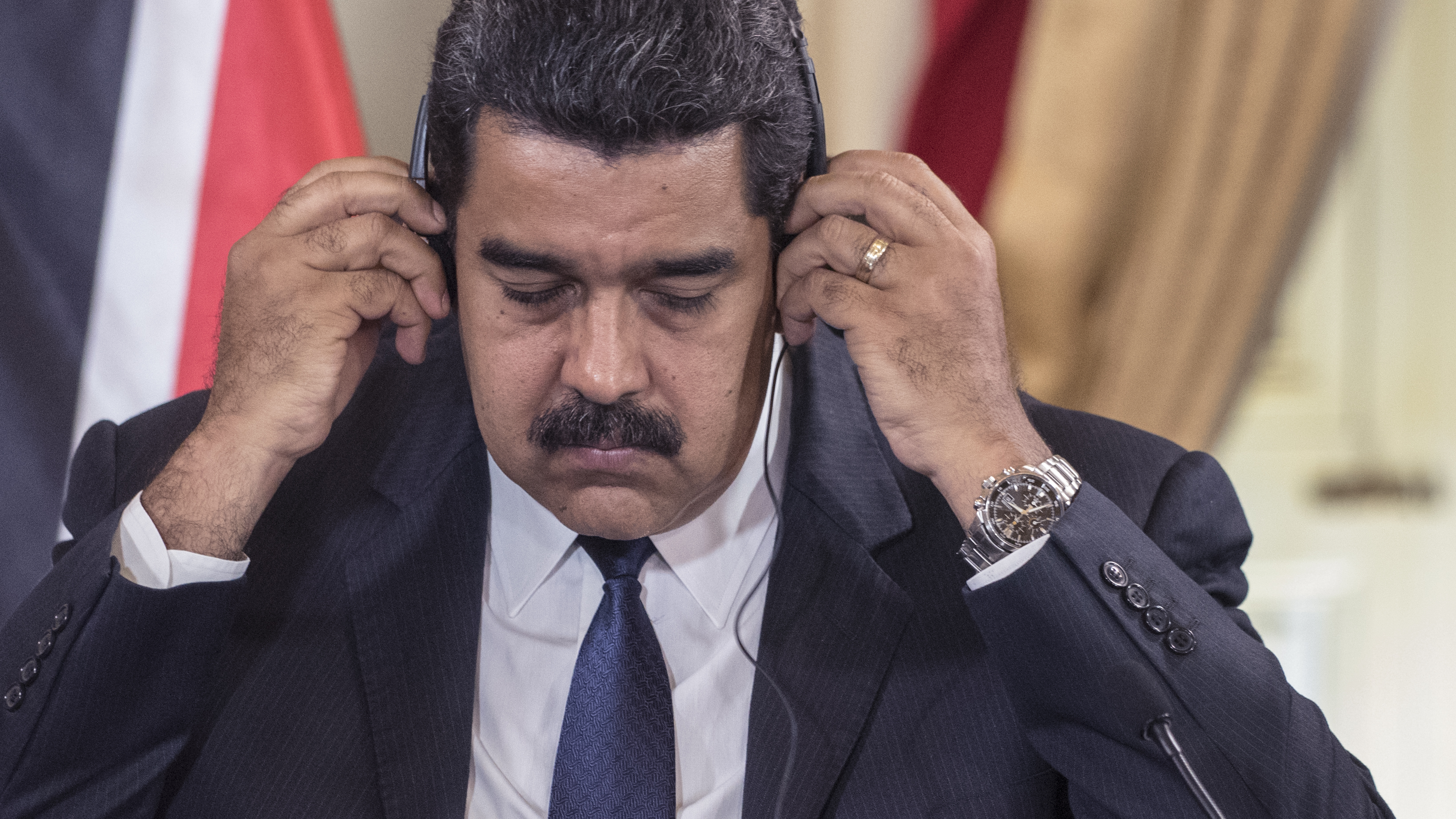D.C. Circuit’s Lockdown on Grand Jury Material May Hinder Congress and Historians
McKeever v. Barr, a ruling issued by the U.S. Court of Appeals for the D.C. Circuit on April 5, rejects the argument that federal judges can release grand jury evidence whenever they think it’s in the public interest. The holding may be bad news for those in Congress who want to see such evidence from Special Counsel Robert Mueller’s report.

Published by The Lawfare Institute
in Cooperation With

McKeever v. Barr, a ruling issued by the U.S. Court of Appeals for the D.C. Circuit on April 5, rejects the argument that federal judges can release grand jury evidence whenever they think it’s in the public interest. The holding may be bad news for those in Congress who want to see such evidence from Special Counsel Robert Mueller’s report. But beyond the Mueller investigation, McKeever is bad news for journalists and historians, too.
The case began in 2013, when author Stuart McKeever petitioned the U.S. District Court for the District of Columbia for release of particular grand jury records from 1957. Under Federal Rule of Criminal Procedure 6(e), grand jury matters cannot ordinarily be disclosed, with a handful of exceptions, including judicial proceedings. None of the exceptions applied to Stuart McKeever, but he argued that judges can go beyond the language of the rule and release grand jury materials under “inherent authority.” Judge Royce Lamberth accepted the inherent-authority argument (as other judges have done), but McKeever lost anyhow, because he deemed his request overbroad. McKeever appealed.
Now, the D.C. Circuit says that judges cannot go beyond the provisions expressly set forth in Rule 6(e). The court’s opinion is written by Senior Circuit Judge Douglas Ginsburg, joined by Judge Gregory Katsas. Judge Sri Srinivasan dissents. The majority opinion and the dissent reach divergent interpretations of the key precedent, the Watergate case Haldeman v. Sirica, in which the D.C. Circuit in 1974, en banc, authorized transmittal of grand jury evidence to the House Judiciary Committee’s impeachment inquiry. Judge Srinivasan says Haldeman recognizes inherent authority. The majority says it doesn’t: “[W]e read Haldeman ... as fitting within the Rule 6 exception for ‘judicial proceedings.’”
In the current battle over the Mueller report and evidence, the House Judiciary Committee wants “access to materials the [Justice] Department deems covered by Rule 6(e),” according to a statement by Chair Jerrold Nadler. If McKeever had come out the other way, and recognized the existence of inherent authority to go beyond 6(e), Congress might have argued for release of the evidence on public-interest grounds, as part of its oversight power. But McKeever indicates that Congress probably needs to invoke the “judicial proceeding” exception if it wants grand jury evidence. While impeachment is a judicial proceeding, congressional oversight is not, according to a D.C. district court case from 1981—and nothing in McKeever suggests otherwise.
Congress may have powerful political arguments for the immediate release of the Mueller materials, as part of its oversight function, but under McKeever, it doesn’t have a powerful legal argument. It’s possible, of course, that the Justice Department will redact 6(e) material in the Mueller report to the satisfaction of all concerned. But if the House wants to see the full evidence, it may have no choice but to launch impeachment proceedings.
McKeever is going to stymie journalists and historians who want materials from D.C.-based grand juries, too. In response to a petition from Watergate historian Stanley Kutler, then-Chief Judge Lamberth in 2011 unsealed grand jury testimony that former President Nixon had given in 1975. Last April, Chief Judge Beryl Howell largely granted a petition from CNN to unseal grand jury materials from Independent Counsel Kenneth Starr’s investigation of President Clinton, though she stayed her order pending appeal. In October, she ordered the release of the long-secret Watergate Road Map—the index to grand jury evidence prepared by Special Prosecutor Leon Jaworski and his staff, which was at issue in Haldeman v. Sirica. Two petitions had been filed seeking the Road Map, one by Benjamin Wittes, Jack Goldsmith, and me, with legal representation from Protect Democracy. Fortunately, the National Archives posted the Road Map pre-McKeever.
Less than a week ago, the Reporters Committee for Freedom of the Press asked Chief Judge Howell to unseal the Mueller report and underlying evidence, based principally on the inherent-authority argument. That petition is probably dead on arrival.
The D.C. Circuit en banc or the Supreme Court could reverse McKeever and bring back the courts’ inherent authority to release grand jury materials outside the limits of Rule 6(e), but that’s unlikely. Alternatively, Congress or the Judicial Conference could change Rule 6(e) itself. Congress in 1985 considered a 6(e) amendment to authorize courts to release grand jury material to any congressional committee. The Reagan administration opposed it, according to a recent report from the Congressional Research Service, and it died. In 2011, the Obama Justice Department proposed giving the courts power to unseal grand jury records of “exceptional historical importance” after 30 years, with all records to be unsealed after 75 years. That proposal likewise went nowhere.
I learned last August from Susan Gillett of the National Archives that the archives’ holdings contain grand jury records dating back to 1924. Under Rule 6(e) as interpreted in McKeever, those records—at least the ones from D.C. grand juries—will remain secret forever. Unless the House starts impeachment proceedings, the same fate may await Robert Mueller’s grand jury evidence.


-(1).jpg?sfvrsn=739a73d4_7)
